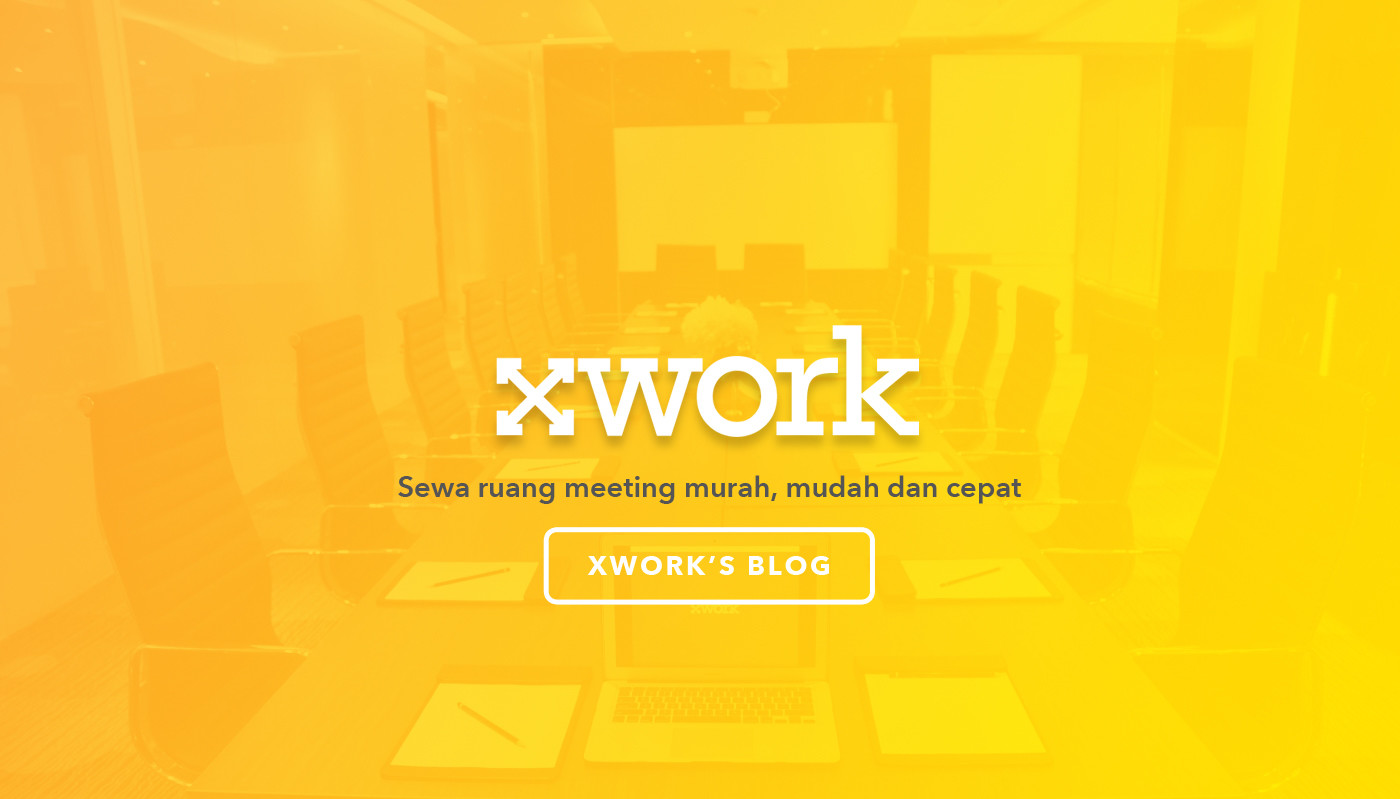Mastering Business Agreements: How Non-Exclusive Licenses Impact Your Workspace Strategy
From recent news, it is clear that Indonesia is a business hotspot, creating new opportunities potentially every day. As a result, business owners make choices that can make or break their business. For instance, office space is often a significant investment for many businesses. But how can business owners make decisions about renting office space and meeting rooms when they cannot control when and where their business provides services? This post provides a simple overview of a licence agreement and how it can be useful (or even necessary) for businesses in Indonesia.
As a general definition, under the law, a licence agreement is any portion of the object or contents of a legal right assigned to another the use of such rights. Licencing agreements can be exclusive or non-exclusive. As a point of comparison, an exclusive licence according to the law provides the patentee with the right to prohibit others from using the invention or utility model as granted by the directorate. As for a non-exclusive licence, it is open to other parties to request the same rights. For business operations, this is an important distinction to be aware of. For example, most people assume that when you enter into an office rental or office share agreement, you have access to the entire space. However, the recent trends shows that businesses and meeting spaces offer small portions space based on the use. In such cases, the agreement used to document the arrangement may be a non-exclusive licence agreement where the licensor grants the licensee the right to use a portion of the property. As for exclusive licence agreements, the licensor is likely to expect a higher rate of rent since the use of the space is generally “exclusive”.
In the context of a business signing an office rental or meeting space agreement, the non-exclusive licence agreement may have several legal implications: In the Indonesian context, the use of non-exclusive licence agreements is quite common. The specific benefits for a business depends on each business’s specific situation. Some common advantages include: As with all legal agreements, the non-exclusive licence agreement may provide some challenges or downsides for a business such as: As with any negotiations and transactions, we recommend obtaining advice from legal counsel prior to entering into a non-exclusive licence agreement. Whether you are negotiating a non-exclusive licence agreement for meeting space in Indonesia or an office space, it is critical that you obtain legal advice prior to execution of a non-exclusive licence agreement.
Industry sectors where non-exclusive licence agreements are particularly beneficial include: As with all contractual agreements, knowledge of non-exclusive licence agreements can be used by businesses to create strategic business goals. Knowing how to enter into what may seem as a standard business agreement can make all the difference in the world. For example, if a business is looking to grow and expand, it may be better served by entering into a non-exclusive licence agreement. As well, obtaining legal advice prior to entering into a non-exclusive licence agreement will likely save a business time and money in the long run. The use of non-exclusive licence agreements in Indonesia is quite common. Some common examples of non-exclusive licence agreements can include: To keep pace with the legal developments surrounding non-exclusive licence agreements in Indonesia, we recommend utilising the following online resources: As it relates to non-exclusive licence agreement, having a basic understanding of how to negotiate a non-exclusive licence agreement can be very helpful. We recommend the LinkedIn Learning online course as it includes 55 video tutorials.




